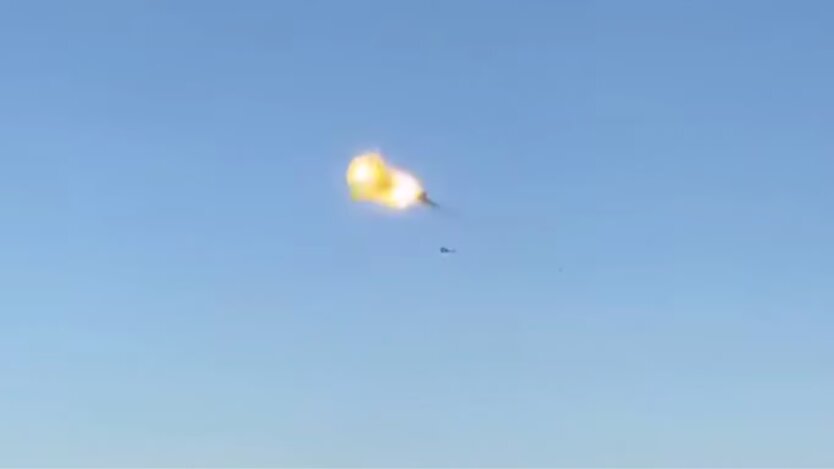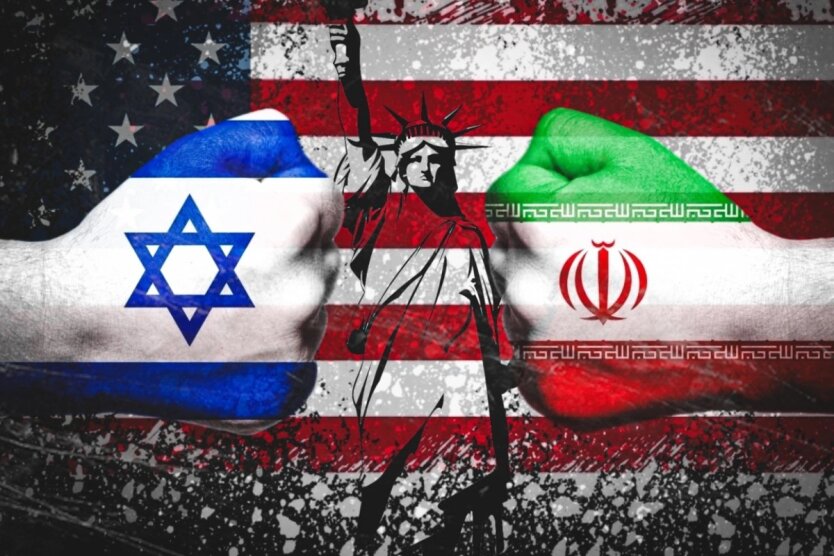US Monitors Global AI Chip Market.


The US is imposing restrictions on the export of chips and artificial intelligence technologies. This decision has been made to preserve advanced developments for its own needs and allies, as well as to complicate China's access to them.
According to Reuters, the new laws envisage a global licensing system for certain types of chips with some exceptions. Countries are divided into three categories. The first group, which includes Japan, the UK, South Korea, and the Netherlands, is virtually unrestricted.
Approximately 120 countries, including Singapore, Israel, Saudi Arabia, and the UAE, face moderate restrictions. At the same Time, China, Russia, and Iran are subject to a complete ban on acquiring these technologies.
Cloud providers from the US, such as AWS and Microsoft, will be allowed to use only 50% of AI computing power outside the country. Of this, no more than 25% can be directed to countries in the second category, and for any individual country not included in the first group, this figure will be limited to 7%.
Restrictions will also apply to advanced graphics processors (GPUs), which are crucial for AI training and data center operations. Most of these chips are manufactured by Nvidia, with some by Advanced Micro Devices.
Conversely, leading cloud service providers like Microsoft, Google, and Amazon will be able to build global data centers with international licenses, allowing them to circumvent national restrictions on AI chips.
Read also
- Reuters: Trump rejected the Israeli plan to assassinate Iran's supreme leader
- Attacking from three directions: ISW reported on the new phase of the Russian offensive
- Europe offered Iran urgent negotiations
- Drones attacked the plant assembling 'Shaheds' in Yelabuga: airports were closed in two cities
- Israel asks the US for help with strikes on Iran's nuclear facilities
- One of the commanders of the occupying 'militia' in Zaporizhzhia has been eliminated










